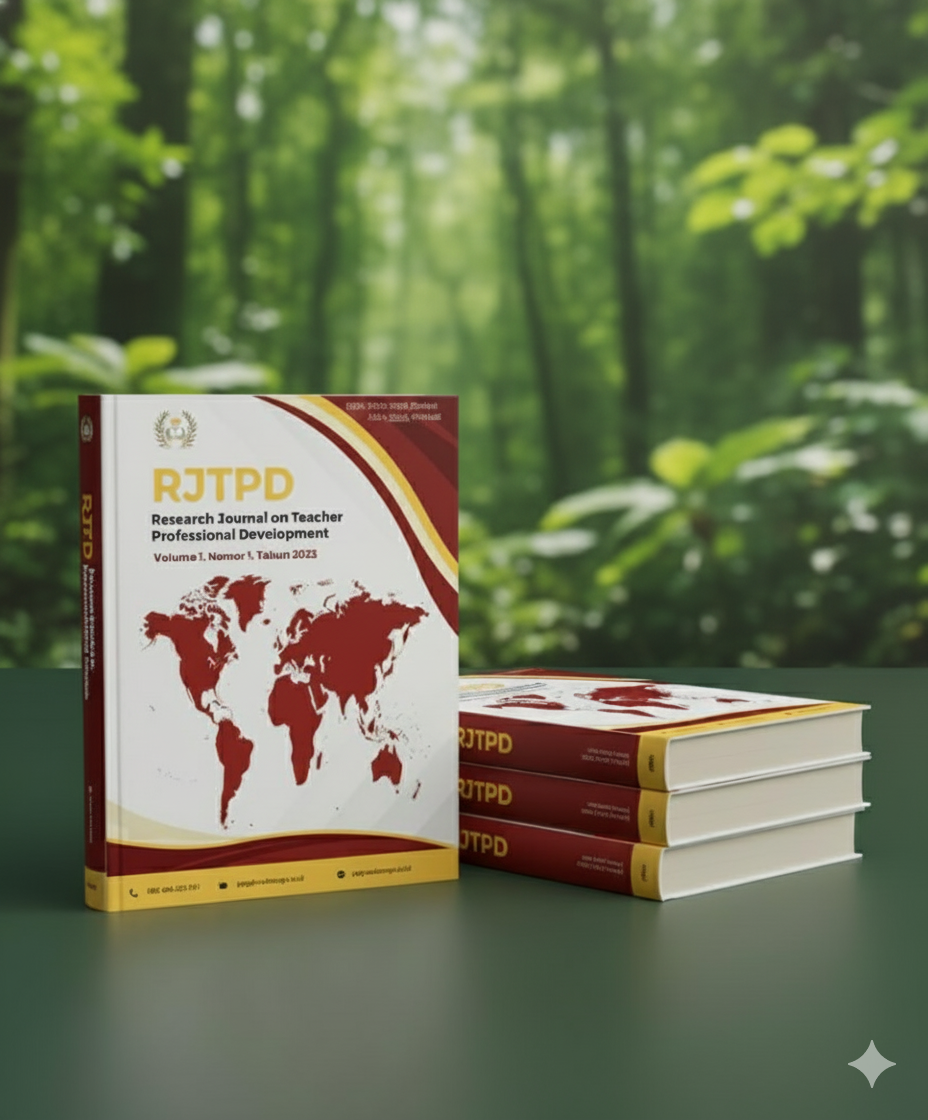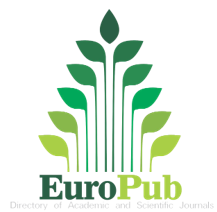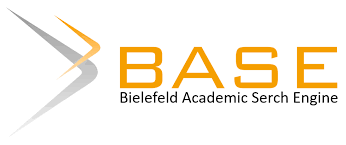Improvement of the Ability to Recognize the Letters A-Z with the Letter Detective Method in Raudlatul Athfal
DOI:
https://doi.org/10.21580/rjtpd.v2i2.15759Keywords:
getting to know letters, letter detective, childrenAbstract
This research aims to improve the ability to recognize letters in children in group B of RA Hidayatul Islam Bendo by applying the letter detective method. This study uses a classroom action research design (PTK), with research subjects consisting of 12 children. Data collection is carried out through three main techniques, namely observation, performance, and documentation, which aims to obtain comprehensive information related to the development of literacy skills in children. The data analysis techniques used involve quantitative and qualitative descriptive analysis. The success of this study was measured by the criterion that at least 85% of the children who were the subjects of the study could know the letters well. The results of the study showed that the use of the letter detective method, which was equipped with the media of letter cards, significantly improved the ability to recognize letters in children. In the pre-cycle stage, only 33% of children are able to recognize letters well. However, after the application of the letter detective method, there was a gradual increase, with a result of 50% in cycle I, 67% in cycle II, and reaching 92% in cycle III. Thus, this method has proven to be effective in improving letter recognition in children, and can be used as one of the interesting and interactive teaching strategies in letter recognition learning at the early childhood education level
Downloads
References
Agusniatih, Andi, and Jane M Manopa, EARLY CHILDHOOD SOCIAL SKILLS: Development Theories And Methods, 2019
Azis, Muhammad, and Nadia Safirawati Adila, 'Analysis of Difficulties in Learning to Read and Write at the Beginning of Early Childhood Education in Fun Islamic School Play Group', 2 (2020)
Hayati, Miratul, Masroro Diah Wahyu Lestari, and Chikita Rahayuni, 'Curriculum Learning Implementation Plan 2013 Early Childhood Education in Kindergartens in Ciputat', 4 (2019)
Heldanita, 'Development of Creativity Through Exploration', 3 (2018)
Imamah, Zakiyatul, and Muqowim, 'Development of Creativity and Critical Thinking in Early Childhood through STEAM-Based Learning Methods and Loose Part', 15 (2020)
Kesuma, A. Kharisma Raya, 'DESIGN AND DEVELOPMENT OF ANDROID-BASED HIJAIYAH CHARACTER RECOGNITION EDUCATION GAME USING THE FSM METHOD', 1 (2021)
Putri, Ni Luh, 'DIFFICULTY WRITING INITIATION IN EARLY CHILDHOOD WITH MILD DEMENT', 19 (2013)
Retnaningrum, Wulandari, and Inayatul Lathifah, 'USE OF LETTER CARD MEDIA TO IMPROVE EARLY CHILDHOOD LETTER RECOGNITION SKILLS', 4 (2020)
Rismayanthi, Cerika, 'DEVELOPING BASIC MOTOR SKILLS AS MOTOR STIMULATION FOR KINDERGARTEN CHILDREN THROUGH PHYSICAL ACTIVITIES', 9 (2013)
Safira, Ajeng Rizki, Early Childhood Learning Media, 2020
Syahrizal, Hasan, and Putri Nova Liani, 'Techniques for Formulating Scientific Research Titles on Types of Classroom Action Research (PTK) in the Scope of Early Childhood Education', 2 (2024)
Wulandari, Hesti, and Edi Purwanta, 'Achievement of Early Childhood Development in Kindergarten During Online Learning During the Covid-19 Pandemic', 5 (2021)
Yulianti, Liza, and Juju Jumaidi, 'MULTIMEDIA IMPLEMENTATION IN ALPHABET RECOGNITION LEARNING FOR EARLY CHILDHOOD EDUCATION (PAUD)', 9 (2013)
Downloads
Published
Issue
Section
License
Copyright (c) 2024 Daswati Daswati

This work is licensed under a Creative Commons Attribution-NonCommercial-ShareAlike 4.0 International License.
The copyright of the received article shall be assigned to the journal as the publisher of the journal. The intended copyright includes the right to publish the article in various forms (including reprints). The journal maintains the publishing rights to the published articles. Authors are allowed to use their articles for any legal purposes deemed necessary without written permission from the journal with an acknowledgment of initial publication to this journal.
















